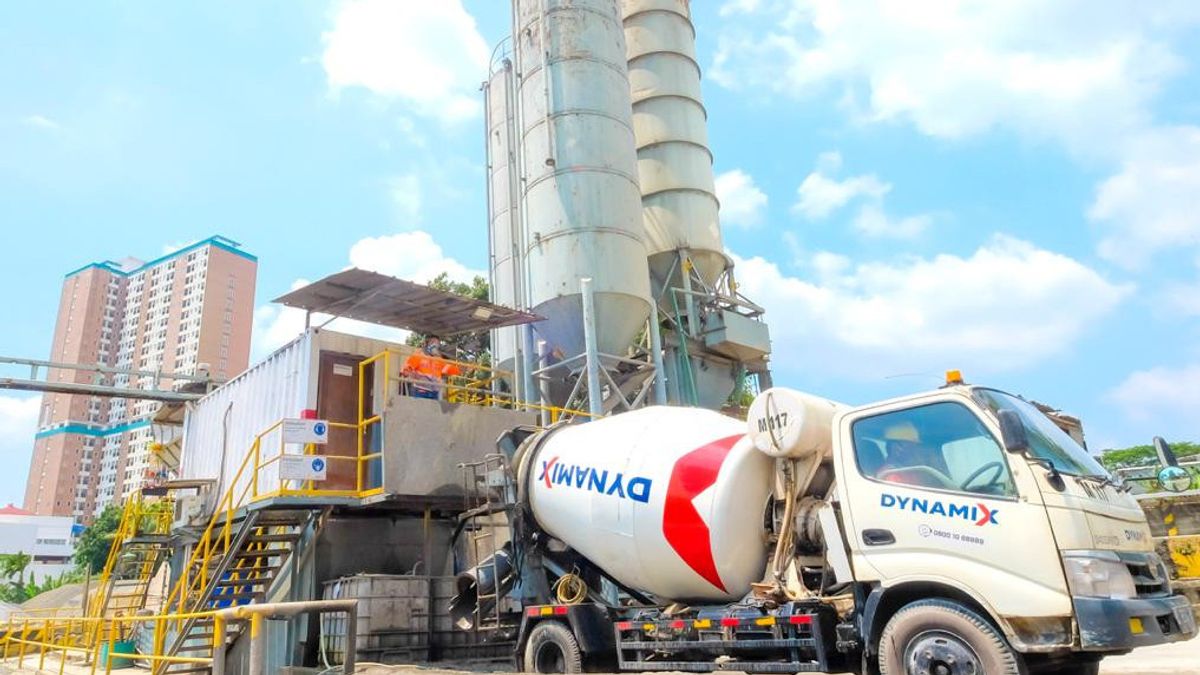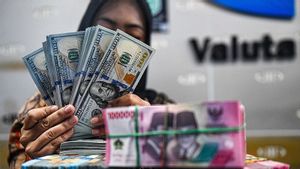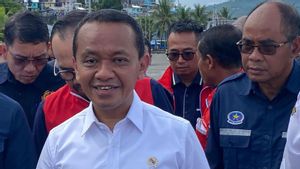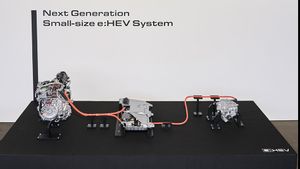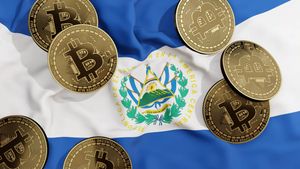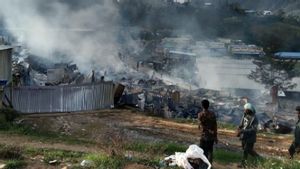JAKARTA - Three Batching Plants owned by PT Semen Indonesia (Persero) Tbk (SIG), namely the Serpong South Tangerang Batching Plant, the Pulo Gadung Batching Plant in East Jakarta, and the Tuban East Java Batching Plant received a Self-Declaration Ecolabel certificate from the Ministry of Environment and Forestry (KLHK). The Self-Declaration Ecolabel certification program, which was received on Thursday, July 8, is an initiative of the GIS pillar strategy "Industry Greenification" and is the first in Indonesia.
Self-declaration ecolabel is a program developed by the Ministry of Environment and Forestry (KLHK) referring to the Ecolabel Type II model as a means of conveying information to consumers. distributors, retailers or other parties who benefit.
GIS Marketing and Supply Chain Director, Adi Munandir said, with the achievement of the Self-Declaration Ecolabel certificate, GIS shows commitment and concern for environmental sustainability. The company has a green concrete program by developing environmentally friendly concrete by the GIS research center which collaborates with institutions to conduct research and make prototyping, mock ups with concrete subsidiaries in its development.
Furthermore, Adi Munandir said that the GIS batching plant has a production scheme with environmentally friendly concrete standards that can reduce the use of natural resources, and reduce the amount of production waste by using substitute materials by 30 percent and recycled water by 25 percent.
"All concrete products that come out of the GIS batching plant have quality standardization that is maintained," he said.
GIS also supports government programs that are committed to reducing greenhouse gas (GHG) emissions by 26 percent in 2020 and 29 percent in 2030. In addition, it also contributes to developing sustainable development in Indonesia, in accordance with the Minister of PUPR Regulation No. 02 /PRT/M/2015 concerning Green Buildings for reducing greenhouse gas (GHG) emissions from buildings.
"GIS will continue to innovate and provide solutions for all the country's development needs, of course, at the same time also protecting the environment, in accordance with the company's commitment. With the creation of this standard, it is hoped that in the future there will be many companies that will follow our steps and support sustainable development in Indonesia , said Adi Munandir.
The English, Chinese, Japanese, Arabic, and French versions are automatically generated by the AI. So there may still be inaccuracies in translating, please always see Indonesian as our main language. (system supported by DigitalSiber.id)
